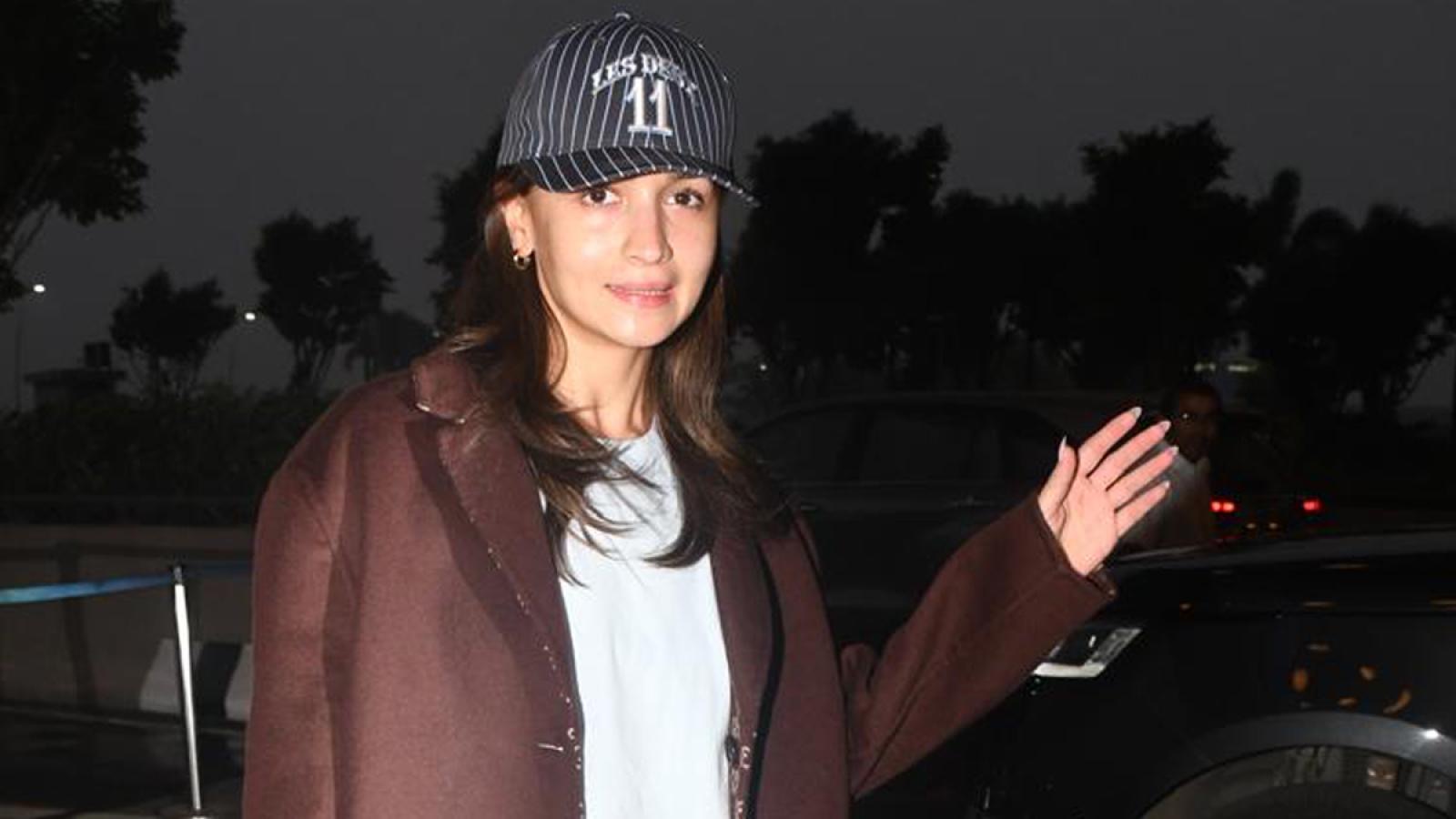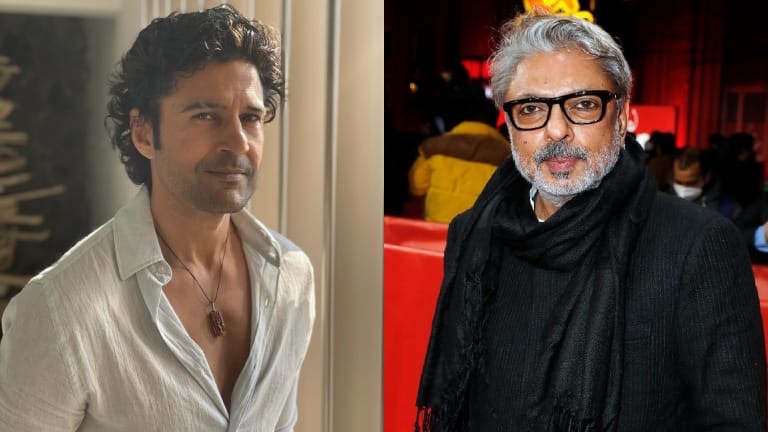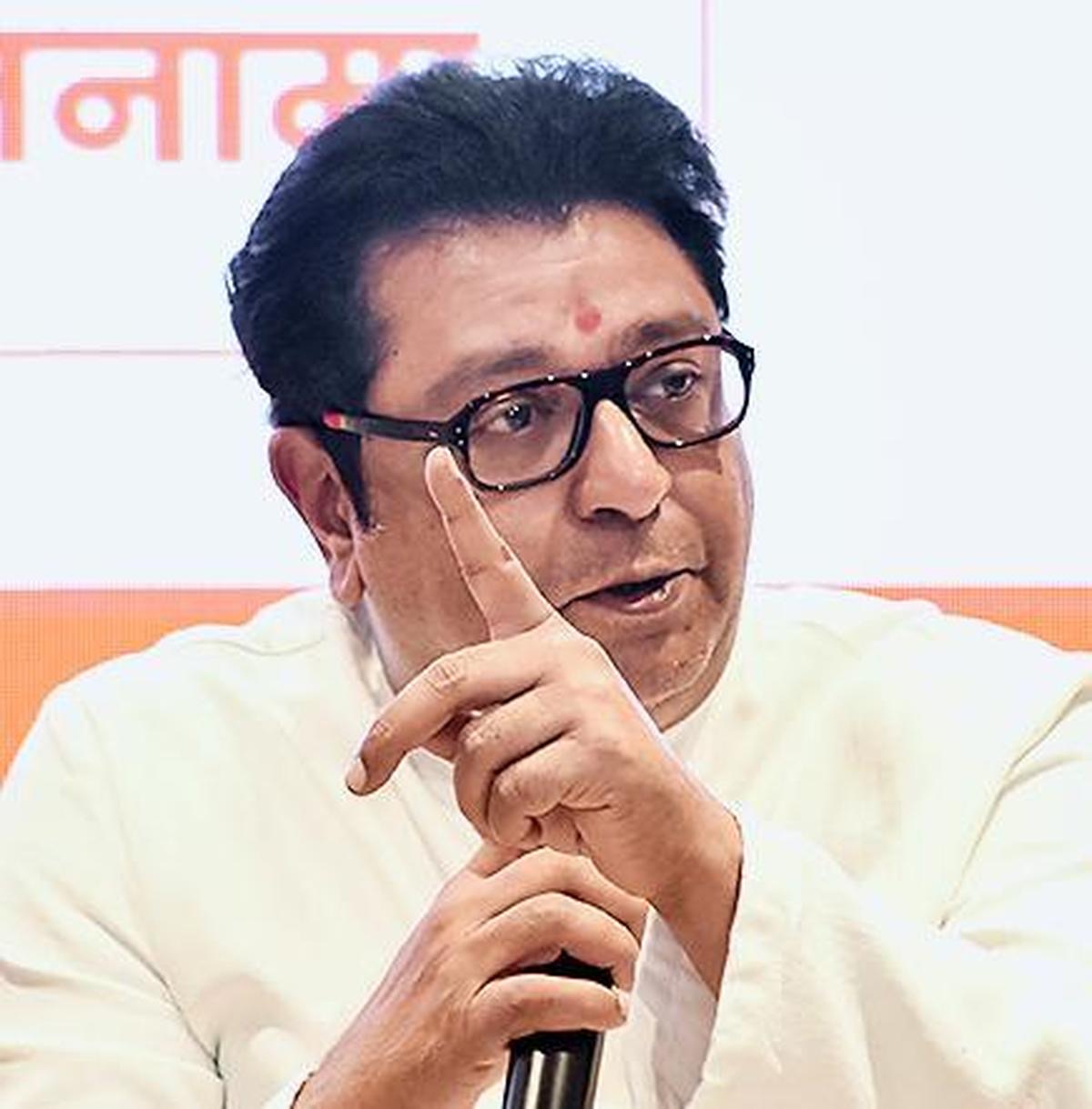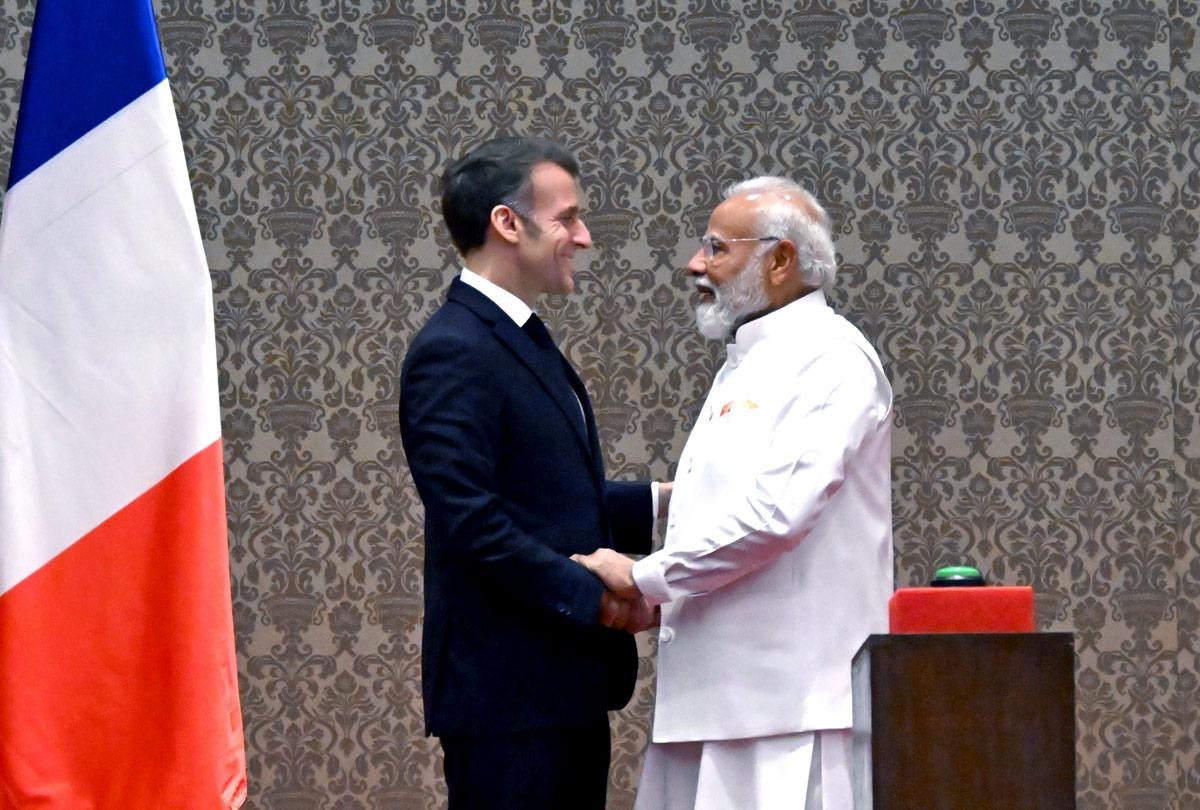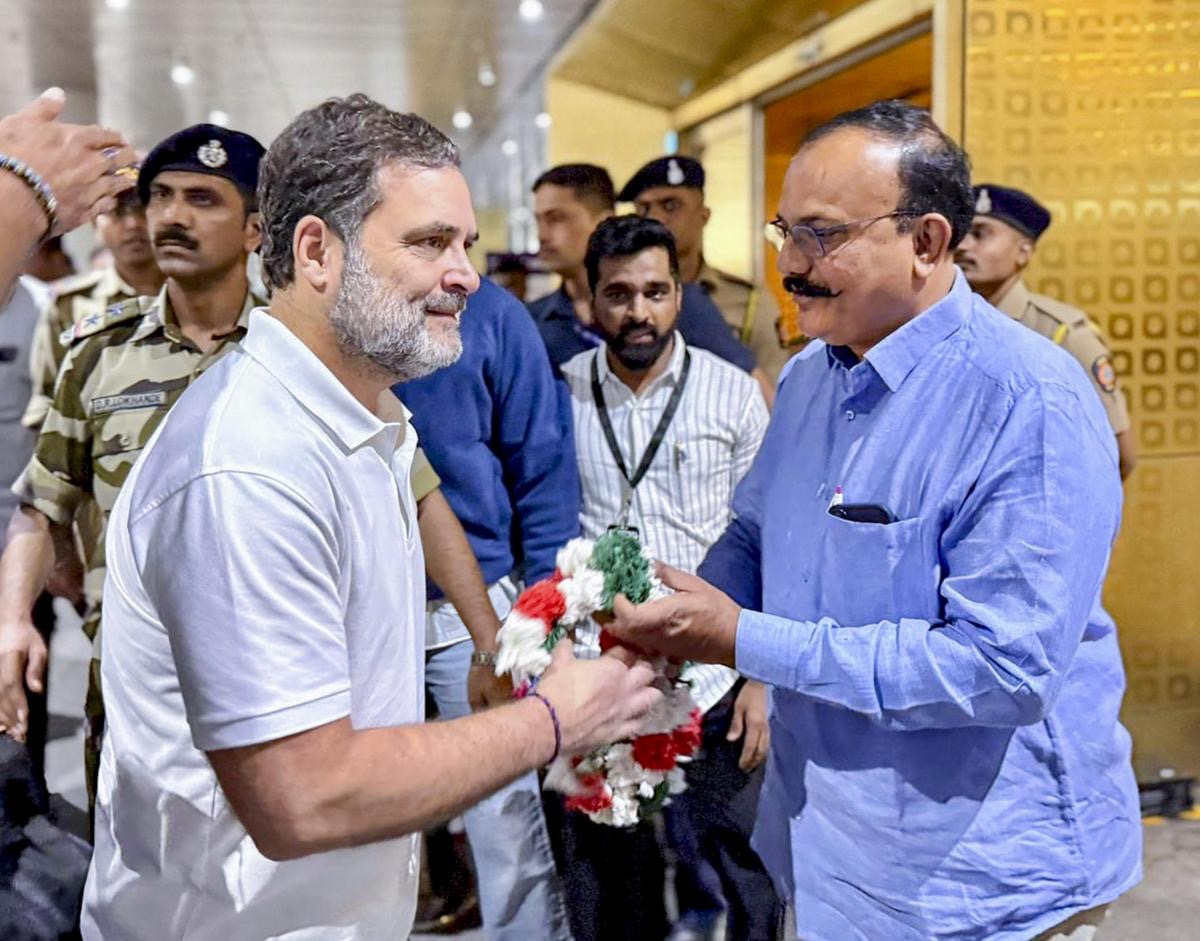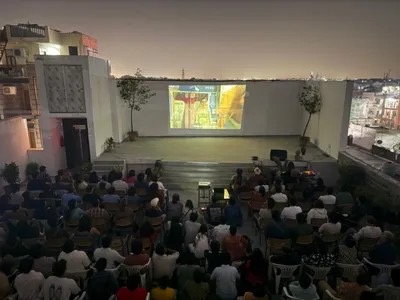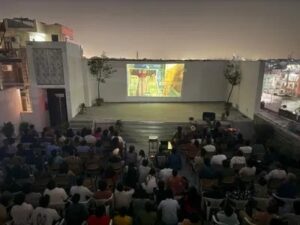
When censorship tightens its grip on art and truth, it is often cinema that slips through; luminous, rebellious, impossible to contain. The film festival And Cinema Goes On, held from October 10 to 12 at Niv Art Centre, New Delhi, stood as a testament to that defiance.
Curated by Labanya Dey and supported by Niv Art Centre, the three-day festival brought together filmmakers who have lived through bans, censorship and exile: Jafar Panahi, Sreemoyee Singh, Dibakar Banerjee, Basel Adra, and Yuval Abraham. Their films, long suppressed or under-distributed, found an audience that was eager to engage with difficult questions around freedom, truth and control.
“In today’s India, it’s getting harder to talk about suppression,” Dey told The Wire after a packed screening. “Because if we talk about suppression, we are further suppressed. Yet people came, knowing exactly what this festival stood for. That gave me hope.”
A festival of resistance
The festival’s line-up: No Other Land (2024) by Basel Adra and Yuval Abraham, Taxi (2015) by Jafar Panahi, And, Towards Happy Alleys (2023) by Sreemoyee Singh, and Tees by Dibakar Banerjee, reflected a shared spirit of defiance. Each film, often talking about censorship and state scrutiny, asked what it means to remain human under regimes of control.
“Art is the last refuge when truth is policed,” Marie Kuriakose, a Delhi University student attending the festival, told The Wire.
These films are what democracy should feel like; messy, honest, alive.”
Bearing witness: No Other Land
The festival’s opening night screened No Other Land, the Palestinian-Israeli documentary that has stirred audiences worldwide. Co-directed by Basel Adra, a Palestinian journalist from Masafer Yatta, and Yuval Abraham, an Israeli journalist, the film chronicles four years of demolitions in the occupied West Bank; homes, schools and lives reduced to rubble.
The collaboration itself was an act of resistance: one filmmaker with the privilege of free movement, the other confined by checkpoints and military law. In Basel, he sees his brother; but they are unequal, Abraham had said in his Oscar acceptance speech; words that resonated deeply in the Delhi hall.
The audience was silent long after the credits,” Dey recalled. “That silence, that shared grief, is also a form of dissent.”
Regardless winning both the Berlinale Documentary Award and the Oscar for Best Documentary, No Other Land faced backlash in Israel, where screenings were cancelled and its creators received threats.
News Edit KV Raman


